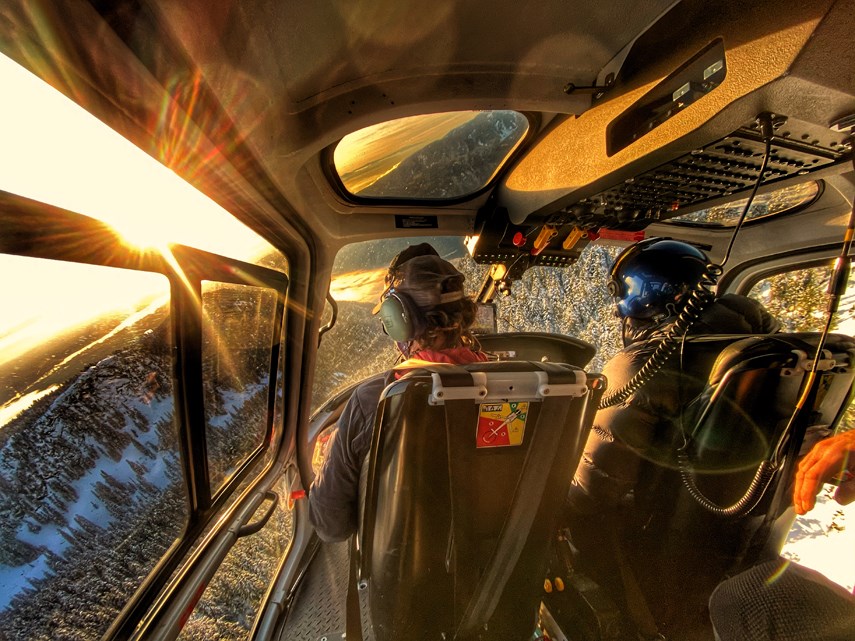If you hurt yourself or become lost while exploring beautiful British Columbia’s vast outdoors, you “should never hesitate to call 911 for help” because it doesn’t cost you a cent.
The British Columbia Search and Rescue Association is sending a reminder to the public that they can always call for assistance in the outdoors at no personal cost, as rumours about being charged for search and rescue services continue to circulate and cause misunderstandings.
The provincial association said, over the years, stories have regularly appeared that speculate on whether people who get lost should be charged for the cost of the search to find them or that people should purchase insurance to cover the cost.
BCSARA wanted to confirm that has never been the case in B.C.
To help clear things up, on Sept. 2, BCSARA released a video series where long-time search and rescue volunteer Don Blakely from Vernon SAR talks about why BCSARA and its member search and rescue groups do not believe in charging anyone for search or rescue in the province, regardless of the reason someone may have found themselves requiring assistance.
“We produced these videos to clarify with the public that they should never hesitate to call 911 for help,” Chris Kelly, president of BCSARA, said in a release.
“Our biggest concern is that a hesitation to call for help because of this misunderstanding will result in either significant injury to the subject or worse.”
'We do not charge for rescues'
In a 45-minute full presentation video, Blakely makes it clear that BCSARA does not charge for rescues, and lists a number of reasons why.
"One: there are no demonstrated improvements to operations or infrastructure," he says. "Two: such a system will cause increased mortality rates, more complicated operations, and increased pressures and risks for search and rescue volunteers. Three: there is little to no financial benefit to the search and rescue community by charging for search and rescue. There is no evidence whatsoever that a charge for rescue system will increase responsible recreation."
In a BCSARA official position statement, the Board of the BC Search and Rescue Association also explains that it is their position that any delay in the deployment of SAR services can negatively impact the successful outcome of a SAR mission.
“There are over 1,500 responses in B.C. each year; from urban searches for people with dementia, wilderness searches for people who become lost on hikes, to backcountry rescues using technical expertise and equipment,” the board states.
“At all times, the moral obligation to respond takes precedence over any thought of charging for the response. BCSARA member SAR groups will conduct search and rescue missions when requested to do so by the authorized requesting agencies without charge and regardless of the reason for assistance.”
BCSARA also wanted to remind the public there are more than 3,000 volunteers, including 2,500 highly trained members along with over 500 members in training and resource members, across 79 ground search and rescue groups throughout the province that are ready to respond 24 hours a day throughout the year.
The governing body of the provincial association consists of 16 elected volunteer representatives from the B.C. SAR community and one representative from each of the partnering agencies – RCMP, municipal police, Emergency Management BC, BC Ambulance and fire.
“The goal of our member SAR groups is to save lives,” the board position statement reads.
On top of this, BCSARA encourages everyone to get informed before they go outdoors by checking out the BC AdventureSmart website, which offers outdoor education, recreation resources, and lifesaving tools, like the AdventureSmart trip plan app “Know Before You Go." They also encourage outdoor enthusiasts to follow the Three Ts: Trip Plan, Train, and Take the Essentials.
The video series can be found on the BCSARA’s website.



